The author utilized facial capture data to set up the eye animations.
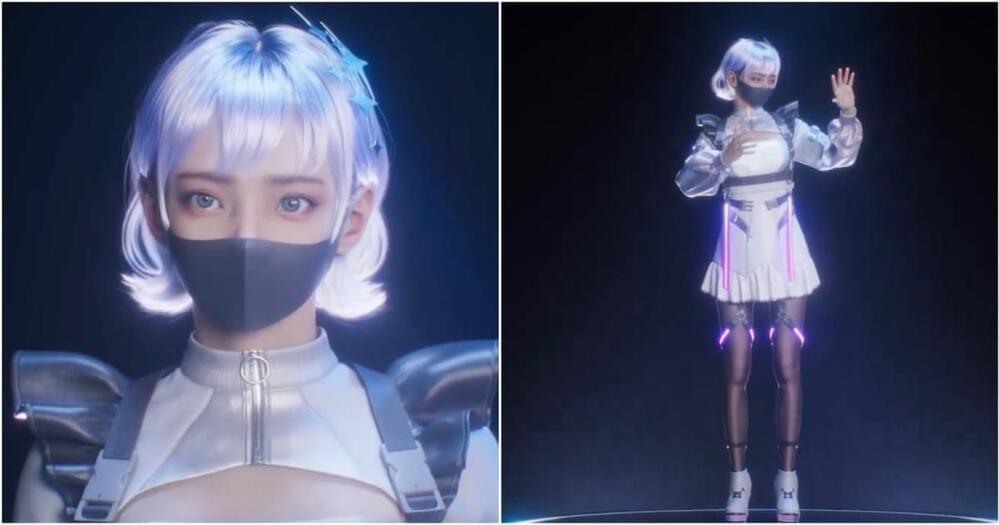

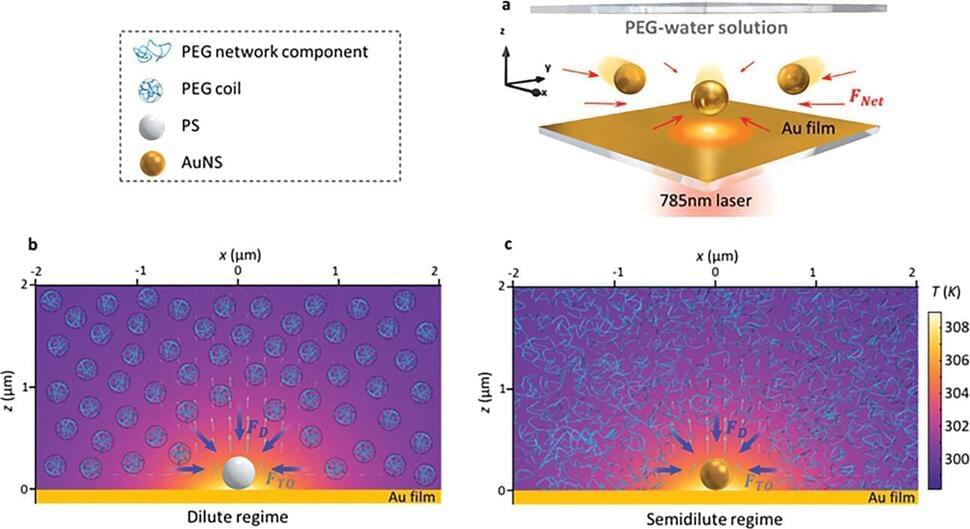
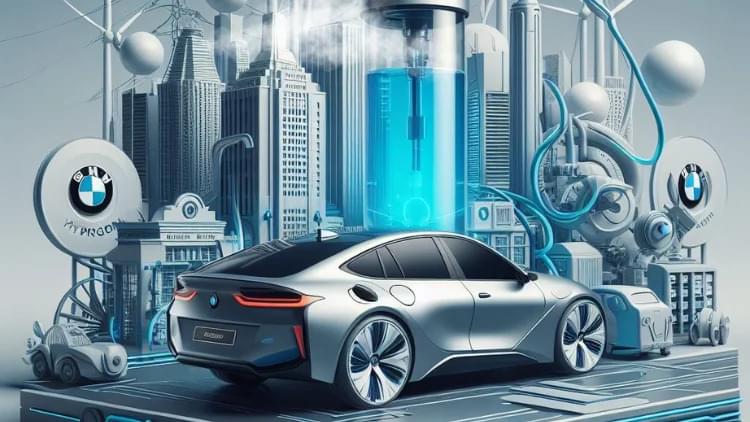
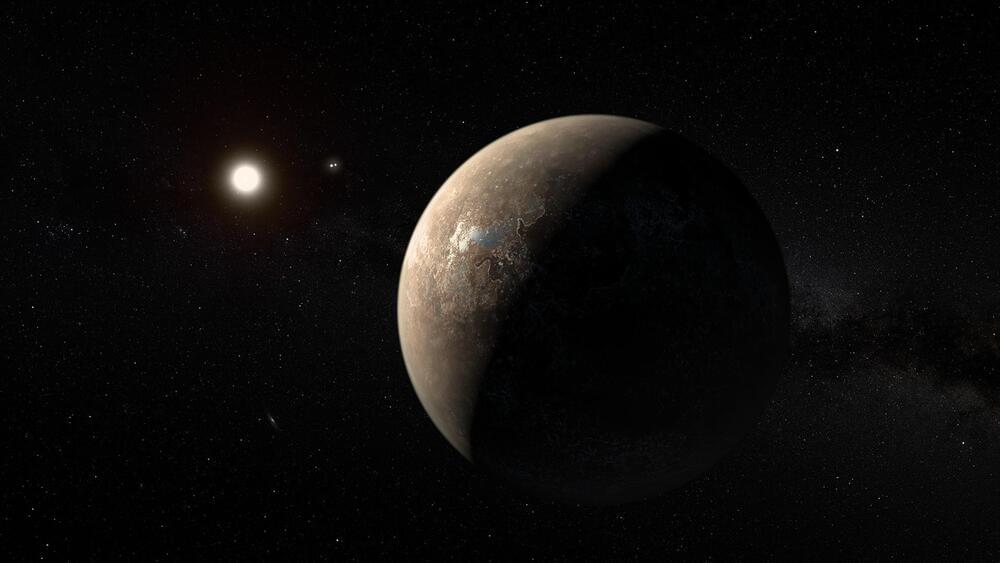
“Not every planet is suitable for direct imaging, but that’s why simulations give us a rough idea of what the ELTs [Extremely Large Telescopes] would have delivered and the promises they’re meant to hold when they are built,” said Huihao Zhang.
What aspects of an exoplanet should astronomers focus on to find signs of extraterrestrial life? Should they focus on the parent star, the exoplanet’s surface, or something else? This is what a recent study published in The Astronomical Journal hopes to address as a team of researchers from The Ohio State University (OSU) discuss how astronomers could use the next generation of telescopes, specifically the James Webb Space Telescope (JWST) and other Extremely Large Telescopes (ELTs), to conduct more in-depth analyses of an exoplanet’s atmosphere, specifically searching for signs of oxygen and methane, as these are present in the Earth’s atmosphere. This study holds the potential to not only establish criteria for searching for signs of extraterrestrial life, but how astronomers can search for this criterion, as well.
For the study, the researchers used computers models to simulate how an exoplanet’s atmosphere on 10 nearby rocky exoplanets could be analyzed for oxygen, water, methane, and carbon dioxide using what’s known as the direct imaging method with ELTs. The direct imaging method is where astronomers blot out the intense glare from the parent star, making exoplanets orbiting it “appear”, making them easier to identify and study. In the end, the researchers found that GJ 887 b (11 light-years away) was the most promising candidate for detecting biosignatures in its atmosphere while Proxima Centauri b (4.4 light-years away) was found to only be detectable for carbon dioxide.
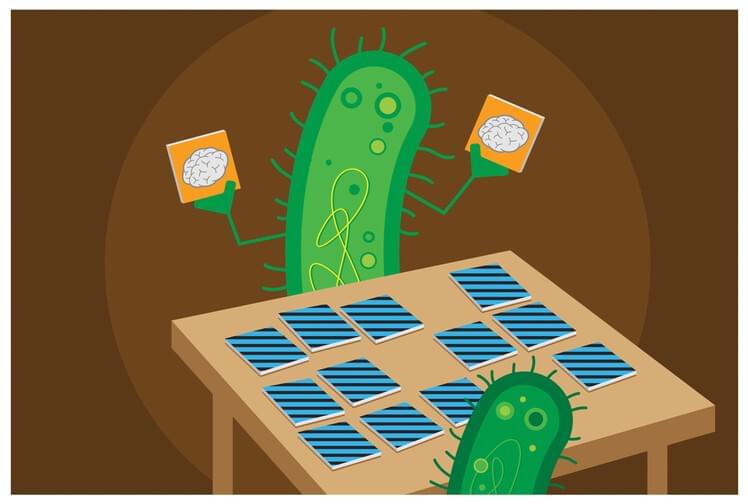

Feng Guo, an associate professor of intelligent systems engineering at the Indiana University Luddy School of Informatics, Computing and Engineering, is addressing the technical limitations of artificial intelligence computing hardware by developing a new hybrid computing system—which has been…
A team of IU bioengineers are building the intersection of brain organoids and artificial intelligence, which could potentially transform the performance and efficiency of advanced AI techniques.
If you read and believe headlines, it seems scientists are very close to being able to merge human brains with AI. In mid-December 2023, a Nature Electronics article triggered a flurry of excitement about progress on that transhuman front:
“‘Biocomputer’ combines lab-grown brain tissue with electronic hardware”
“A system that integrates brain cells into a hybrid machine can recognize voices”

Paleontologists have made a startling discovery in South Africa which suggests that it was not humans who created the world’s oldest known burial site.
The researchers have found remains of small-brained distant relatives of humans in the burial site, which has hinted at them being the creators. These mammals were known to be incapable of complex behaviour.
The researchers, headed by renowned paleoanthropologist Lee Berger, in June announced that several specimens of Homo naledi have been discovered by them. These remains of Stone Age hominids, who were good at tree-climbing, were found buried around 30 meters (100 feet) underground in a cave system inside the Cradle of Humankind, which is a designated UNESCO world heritage site close to Johannesburg.


We finally got our first look at the new all-electric Porsche Macan EV this week. Porsche’s electric Macan features a 100 kWh battery pack that will reportedly be supplied by China’s CATL.
Ten years after debuting the SUV, Porsche revealed the all-electric Macan Thursday. The electric Macan is Porsche’s second EV, after the Taycan and the first fully electric SUV to wear the iconic badge.
The Macan EV is also the first existing Porsche model to receive an electric upgrade. With 87,355 Macan models handed over last year, the SUV plays a critical role in Porsche’s lineup.